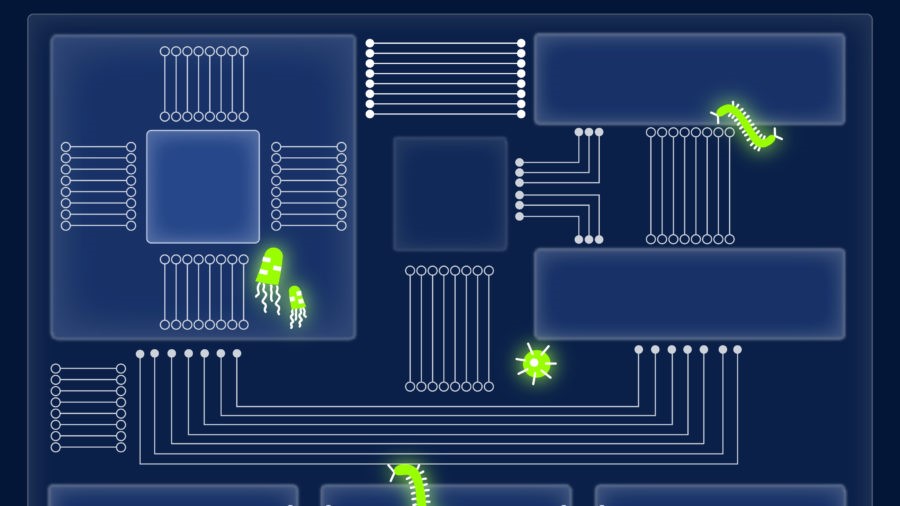Version SHA1 Checksum; 11.0.1 (20B50) 3fbf61d651393e8bb1787350ed38ca (SharedSupport.dmg): 11.0.1 (20B29) 58c700ebe86774130a06d1acc6519fbb0b2ba5cf. I just download the office 2011 for mac today, but as I double click the dmg file, it indicated that it couldn't be opened due to the invalid checksum. When should I do? Besides, the Mac that I used is the latest Mac Book Air 13-inch. This thread is locked. You can follow the question or vote as helpful, but you cannot reply to this thread.
- Invalid Checksum Error
- Mac Invalid Checksum Dmg High Sierra
- Mac Invalid Checksum Dmg File
- Mac Md5 Checksum
Disk Utility User Guide
You can restore a disk image to a disk. To do this, you first need to erase the disk. If the disk image has multiple partitions, you must restore each partition individually.

- Sooner or Later every Mac user will need to make sure their MACOSX installer dmg is genuine and intact. Since Apple doesn't provide such place to check this information, here you are the SHA-1, MD5, CRC-32 (and in some cases Checksum) for all (known) macos x setup files.
- Status update - while functional (linux DMG usable for running app on osx), there are two known current issues: - nightly & release builds use a checksum option for the DMG supported by hdiutil. We don't know yet if it's possible to generate the same checksum outside of hdiutil. linux DMG are about 2x the size of current release builds.
- I downloaded IntelliJ IDEA for Mac Version: 11.0.1 Build: 111.167 using Safari 2 times, and Firefox once, and I get an Invalid Checksum while trying to open the DMG file. I believe there must be a problem somewhere. Could you guys please fix it (repackage the file)?
Restore a disk image with a single volume to a disk
How to crack tomtom maps v9 download. In the Disk Utility app on your Mac, select the volume that you want to restore in the sidebar, then click the Restore button .
This is the volume that is erased and becomes the exact copy.
Click the Restore pop-up menu, then choose the volume you want to copy.
If you’re restoring from a disk image, click the Image button, then navigate to that disk image.
Click Restore.
Restore a disk image with multiple volumes to a disk
Invalid Checksum Error
To restore a disk image with multiple volumes to a disk, you must partition the destination disk, then restore each volume individually.
In the Finder on your Mac, double-click the disk image to open it.
The disk image’s volumes appear as disks in the Finder.
In the Disk Utility app, select the disk in the sidebar, click the Partition button , then partition the destination disk.
The destination disk must have as many partitions as the disk image, and each of the disk’s partitions must be at least as large as the corresponding partition in the disk image. See Partition a physical disk in Disk Utility on Mac.
In the sidebar, select the volume that you want to restore, then click the Restore button .
This is the volume that is erased and becomes the exact copy.
Do one of the following:
Restore from a volume: Click the “Restore from” pop-up menu, then choose the volume you want to copy.
Restore from a disk image: Click Image, choose the disk image you want to copy, then click Open.
Click Restore.
Repeat steps 3–5 for each remaining partition.
Disk Utility User Guide
Mac Invalid Checksum Dmg High Sierra
The data in a disk image can be corrupted if a problem occurs while it’s being copied or if someone modifies it. You can see whether a disk image’s data has been corrupted by verifying its checksum, which is a calculation of all of its data. When a disk image is created, a checksum is computed and stored with the image. When you open the disk image, a checksum can be computed again and checked against the stored checksum. If the two checksums match, the disk image’s data hasn’t been corrupted.

You can choose when to compute and verify checksums. Be aware that doing so can take a long time.
Mac Invalid Checksum Dmg File
In the Disk Utility app on your Mac, choose Images > Verify, then select the disk image that you want to verify.
Click Verify, then click Done.
Mac Md5 Checksum

